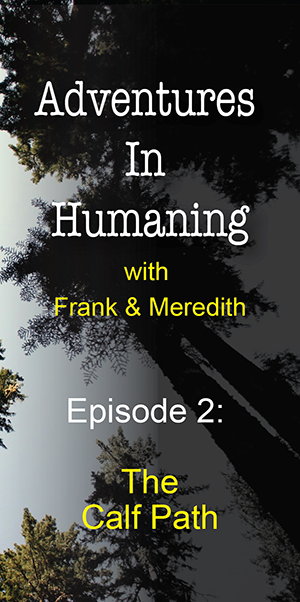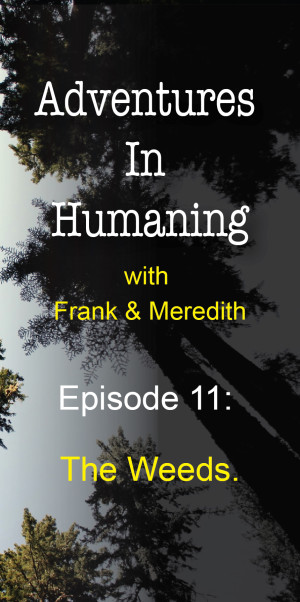 Click here to go right to the show.
Click here to go right to the show.
Well Hello! We’ve missed you…
Frank and I are back after a bit of a hiatus wherein we chose… to live our lives 😉 We’ve both moved into new homes and we’re both facing serious change.
Some would say, Adventure. That’s how I’m approaching life anyway.
Speaking of change – it’s Springtime. Things are most definitely changing outside. Trees have leaves, lawns everywhere are facing mowers, and farmer’s markets are in full force in my neck of the woods.
In this episode, we begin our journey into the relatively unknown by starting with what we do know, in this case, about veggies. I’d wager that most everyone can identify lettuce, broccoli, carrots, and potatoes. Why is that? Well, these are foods that our parents and teachers ate, foods that we can buy in the grocery store and at the farmer’s market. They are commonly cultivated in large quantities in a field, or even in small quantities in a backyard.
But why is it that when we look outside, all we can identify is grass vs. weeds? OK, maybe we have a few things down, like dandelions and pine trees and daisies… but, the rest of ‘nature’ is full of weeds?
Answer: We weren’t born into a society that uses them as food anymore. We are absolutely unfamiliar with the edible ‘weeds’ around us.
Frank and I chat a lot about this in this show. We’re both fledgling foragers – beginning to actually incorporate wild foods into our lives.
And there are sooo many reasons why.
This show is probably a Part 1 show – where we do a little compare and contrast between veggies in the store, and wild foods from nature (nutritionally, economically, ecosystem-ally). We hope to create awareness about the treasure-trove of free, nutrient dense foods that are probably in your yard (that you might be trying to get rid of). This show is begging for a Part 2 where we talk about where to start your foraging adventure.
I give a shout out to a show that I did with Sam Thayer on The Roots of Health. And I even butcher the titles of his books, Nature’s Garden and Forager’s Harvest (you can visit his store right here).
Have a listen – send us some feedback or tell us about your favorite wild food. We’d love to try it!
Cheers!
Meredith & Frank
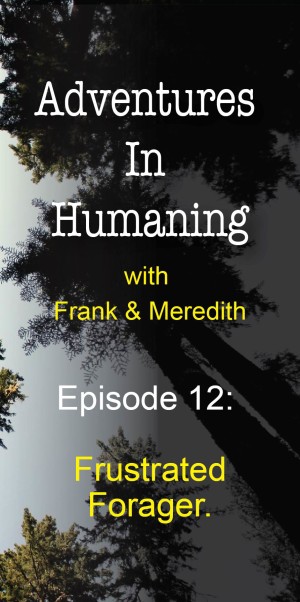 Hello again!
Hello again!

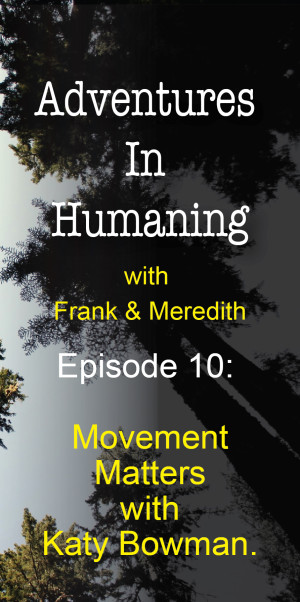
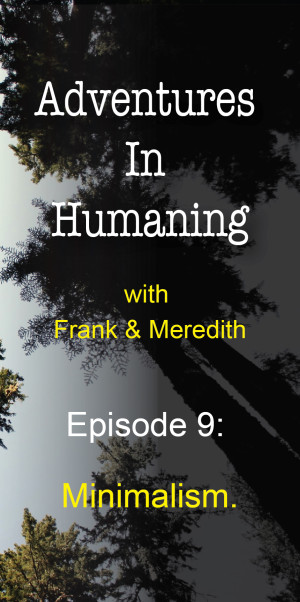 Minimalism.
Minimalism. 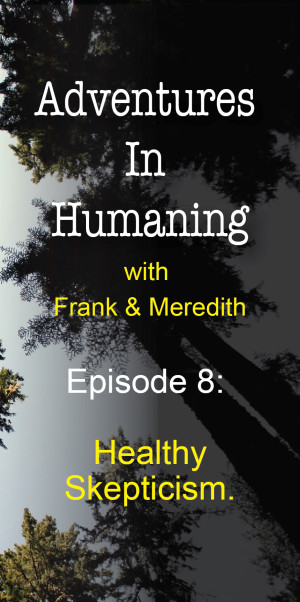 This show explores what it means to be a healthy skeptic. Frank and I argue this means using your critical thinking skills to question your relationship with… well, all things that you interact with on a daily basis.
This show explores what it means to be a healthy skeptic. Frank and I argue this means using your critical thinking skills to question your relationship with… well, all things that you interact with on a daily basis.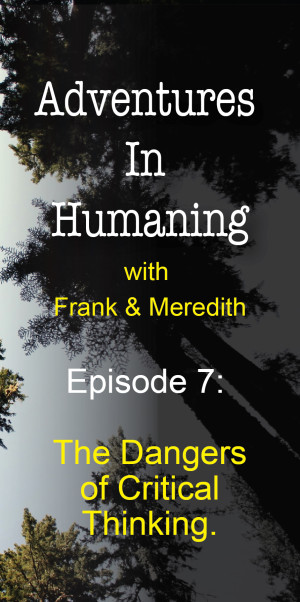

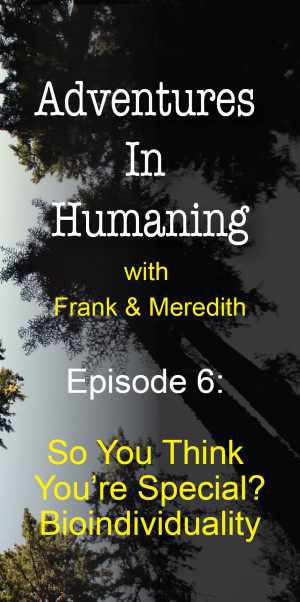 The concept of bioindividuality as applied to dietary approaches refers to the observation that there is no one-size-fits-all diet. Frank and I chat about what it really means and the idea that there is one human diet. What are the variables that give us our bioindividuality?
The concept of bioindividuality as applied to dietary approaches refers to the observation that there is no one-size-fits-all diet. Frank and I chat about what it really means and the idea that there is one human diet. What are the variables that give us our bioindividuality?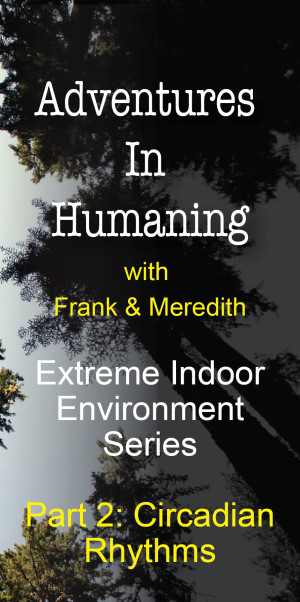
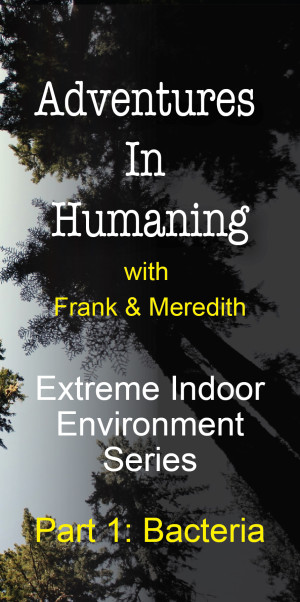 This week, we delve deep into an interesting topic. We challenge you to expand your definition of what you consider to be an extreme environment.
This week, we delve deep into an interesting topic. We challenge you to expand your definition of what you consider to be an extreme environment.